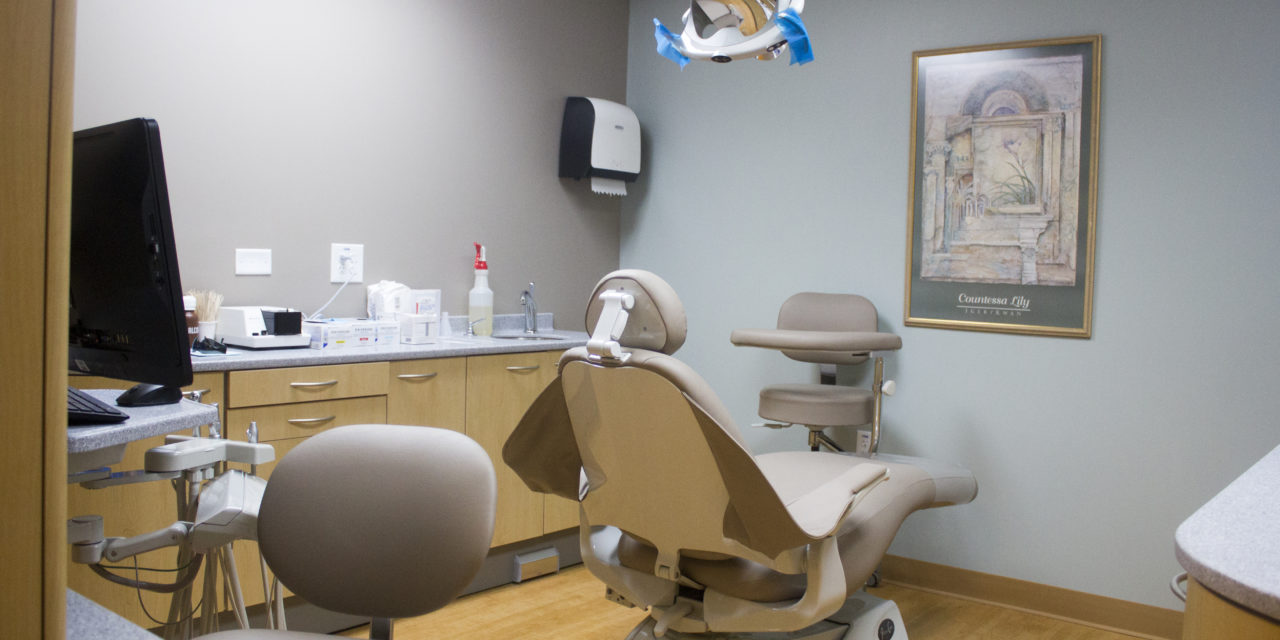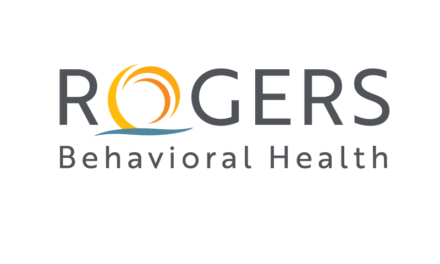
Budget could boost funding for facilities that provide dental care to patients with disabilities

Image from St. Ann Center for Intergenerational Care
A Milwaukee-area clinic that serves patients with disabilities could get a boost in Medicaid funding under an amendment to the state budget approved by the Legislature’s Joint Finance Committee last week.
Under the proposal, the Department of Health Services would double Medicaid reimbursement for dental services performed at facilities that provide at least 90 percent of their dental services to individuals with cognitive and physical disabilities.
The provision would affect the Gardetto Family Community Dental Clinic, which serves children and adults with moderate to severe disabilities. The clinic is located in the Bucyrus Campus at the St. Ann Center for Intergenerational Care in Milwaukee.
“The hardest thing for a clinic like us is to stay sustainable, considering every client you see takes two to three times as long as a standard dental clinic with two to three times the amount of manpower,” said Laura Cherek, director of dental programs for the clinic. “To increase our fee schedule would be awesome.”
Cherek said if the change is approved by the Legislature and Gov. Scott Walker, they may be able to hire a dentist for longer hours and see more than 400 patients a year, which is their current cap.
Cherek hopes the provision would help entice other clinics to see a higher percentage of patients with disabilities. “We need other people to come pick up with this idea, and I’m hoping that the state’s effort is going to make that more attractive for them,” she said.
Matt Rossetto, Wisconsin Dental Association director of government services, said they were “thrilled” with lawmakers’ interest in the issue. He said that Assembly Speaker Robin Vos, R-Rochester, reached out to the association about the proposal after visiting St. Ann. A spokeswoman for Vos did not return requests for comment by deadline.
The provision would likely only apply to the St. Ann’s clinic as the association is unaware of any facility where more than 90 percent of patients have disabilities, he said.
The association hopes the provision encourages more dentists to see patients. Rossetto said they also want to ensure that in the future private practice dentists “get fair and equal treatment as well” since they often have to see patients outside of their schedules, sometimes even getting hospital admitting privileges.
Lisa Pugh, Arc Wisconsin director, said the state doesn’t have enough dentists that are willing to serve patients with developmental disabilities and clinics with the training, equipment and support to do it.
“Anything that increases access is good,” Pugh said. “Ultimately, we would want more locations across the state, more dentists able to provide basic preventative dental care to people with developmental disabilities. But this is a step in the right direction.”
Beth Swedeen, executive director of the Board for People with Developmental Disabilities, said they have concerns about the proposal.
“While an overall reimbursement increase for dental providers taking Medicaid is greatly needed, we have concerns about this proposal because it would not be inclusive of all providers who accept Medicaid,” she said. “Wisconsin needs a change to reimbursement rates that would be available to all providers who accept Medicaid, and we believe an overall increase in Medicaid rates to dental providers would lead to considerably improved access statewide.”
Note: This story has been updated to include comments from Beth Swedeen, executive director of the Board for People with Developmental Disabilities.





